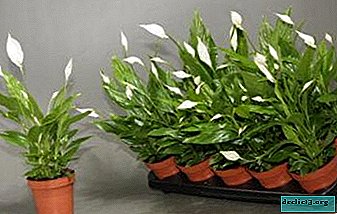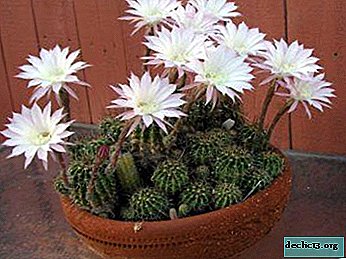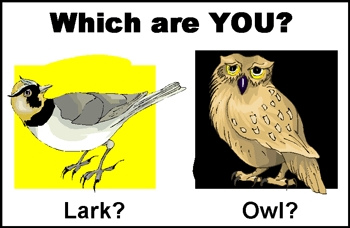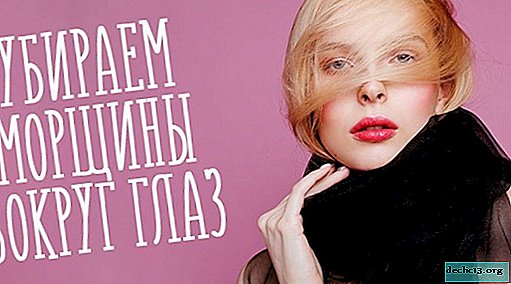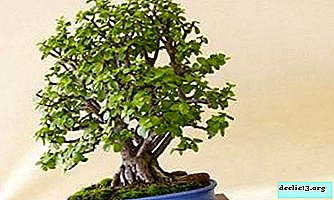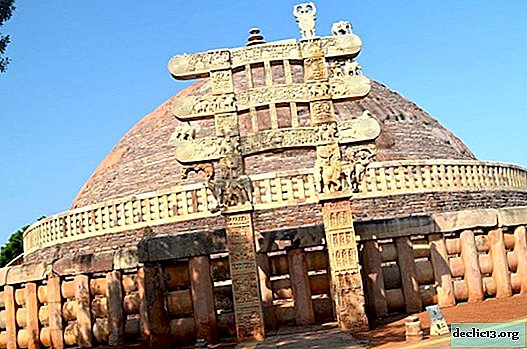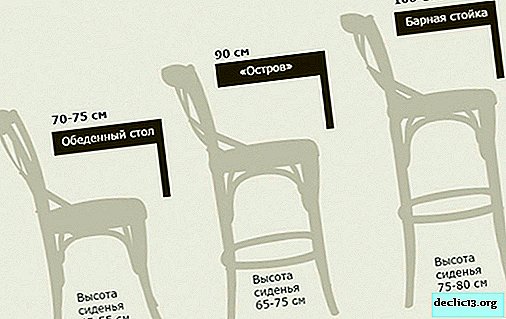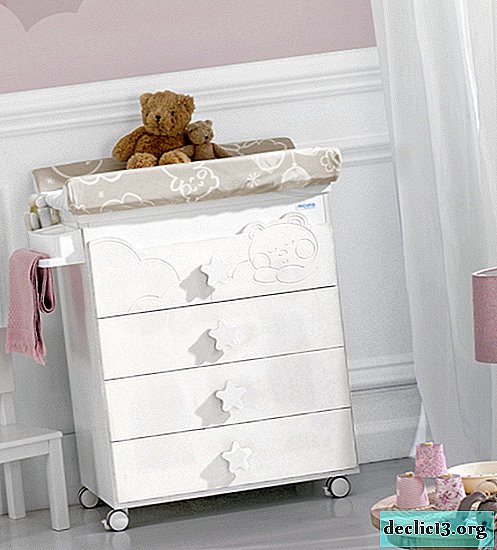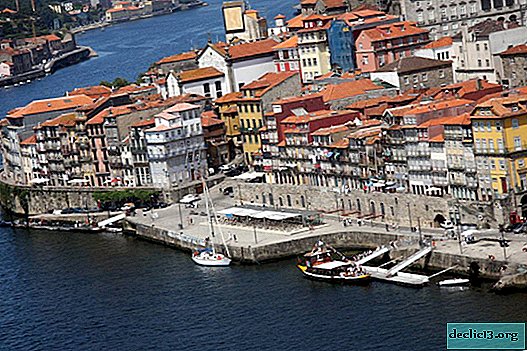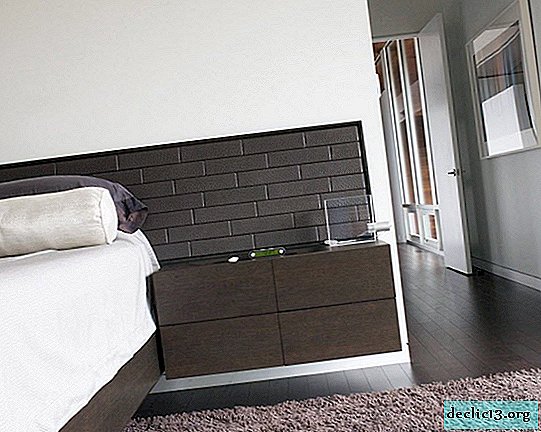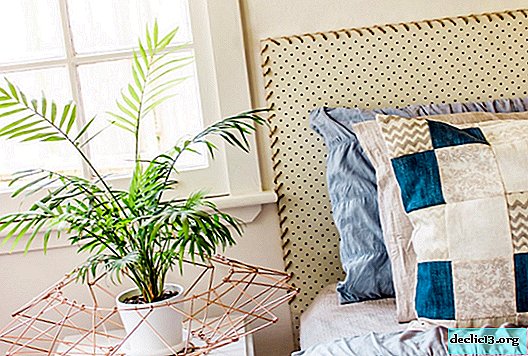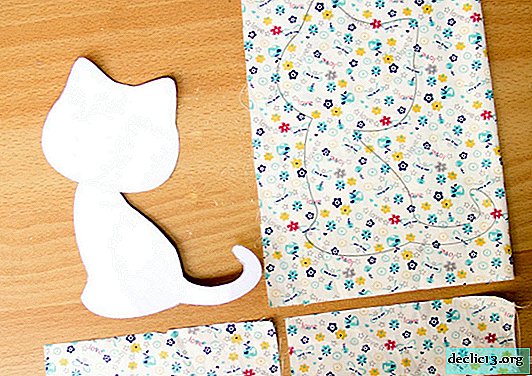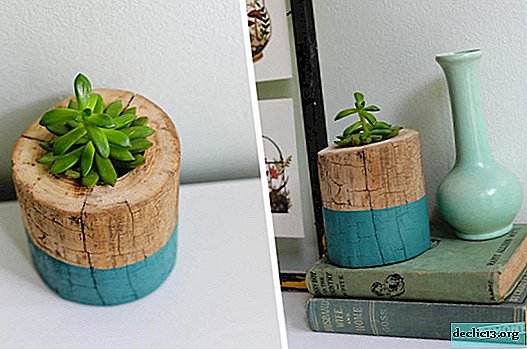Original imitation or imitation in wallpaper design
Classic wallpaper with a geometric or floral pattern is not surprising. But for example, bare brick walls - original, stylish and relevant. This also applies to walls that are finished with wood, plaster and even old newspaper clippings. However, not everyone can realize the dream of wooden or brick walls. In this case, professionals are advised to use imitations.
In the design of wallpaper, this trend has become widespread. It not only allows you to give the room an unusual, attractive appearance, but also is quite profitable from an economic point of view. Pasting walls with wallpaper-imitations is much easier and cheaper than making repairs from natural materials. There are several types of imitations in wallpaper design.
"Brickwork"
Rightfully occupies a leading position among imitating wallpapers. Having appeared several decades ago, wallpaper "under the brick" is still very popular among consumers due to the variety of its shapes and colors.
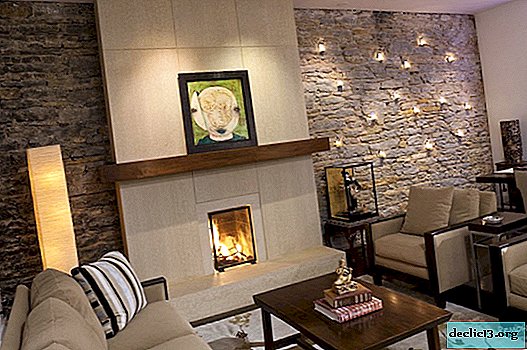
"Plaster"
It would seem that the material used for the most part to design the external image of the premises would not look inside. However, practice shows that the wallpaper for plaster looks quite attractive, rather successfully masking the excessive coldness of the source material.


Under the tree
The recent boom in the use of natural materials in interior design is a double-edged sword. And the tree is no exception. On the one hand, wooden coatings are fashionable and stylish, but on the other hand, a significant investment of time and, most importantly, finance. In this situation, the choice of wallpaper that mimics the coating of wood can be considered an ideal option. Based on personal desire, you can choose any type of wallpaper you like, whether it is an imitation of an unprocessed board, a classic “lining” or exotic types of trees.


Fabric and leather trim
Modern technologies used in the manufacture of textile wallpaper make it possible to feel the naturalness of the fabric in close contact. Due to its realism, this type of wallpaper enjoys well-deserved attention of buyers, even despite the rather high probability of their pollution.

As for the wallpaper under the skin, this type of simulation involuntarily causes admiration. Imagine walls covered with the skin of a crocodile, python or any other exotic animal. The gaze involuntarily dwells on each protruding element, the hand itself reaches out to feel the unusualness and originality of this coating. This type of wallpaper will give the room not only sophistication and charm, but also bring to the daily life an exquisite flavor and fireworks of unusual sensations. Together with the furniture correctly designed for this type of wallpaper, the "under the skin" style will be especially popular in the men's interior, evoking primitive instincts.

"Hand made"
Imitation of hand-made wallpaper looks very peculiar. Book sheets glued to the walls, art sketches, drawings, patterns, patterns will bring a special touch of creative originality to the interior.

Some manufacturers offer imitation of a book library. Properly placing it, you can create a fairly realistic picture on the wall. The charm of such an idea is that it is unlikely that real paper trim can be glued neatly. One has only to imagine how much effort is needed and valuable materials are spent! A hand-made wallpaper is only a few rolls, a minimum of labor and in a couple of days you can enjoy the exquisite transformation of the room.

Concrete wall simulation
At first glance, it might seem that imitations under a concrete wall are too radical a solution. But you just have to look how modern and original furniture and materials such as plastic, metal, glass or leather look against the backdrop of rough brutal wallpaper for concrete. Their positive characteristics are even more noticeable, because such adjacency creates a perfect contrast. But remember that imitations of concreting most often involve the use of rather dark shades, so you need to use them in very bright or well-lit rooms.

"Animal" print on the wallpaper
Designers also call these wallpapers "wild." In fact, animal pattern on the wallpaper is another trend that continues the trend of natural themes. Today, the most relevant are wallpapers with imitation of the skins of a tiger, leopard, giraffe, zebra, bird feathers. In addition, some collections at the same time combine an animal pattern with a strip or floral pattern.


